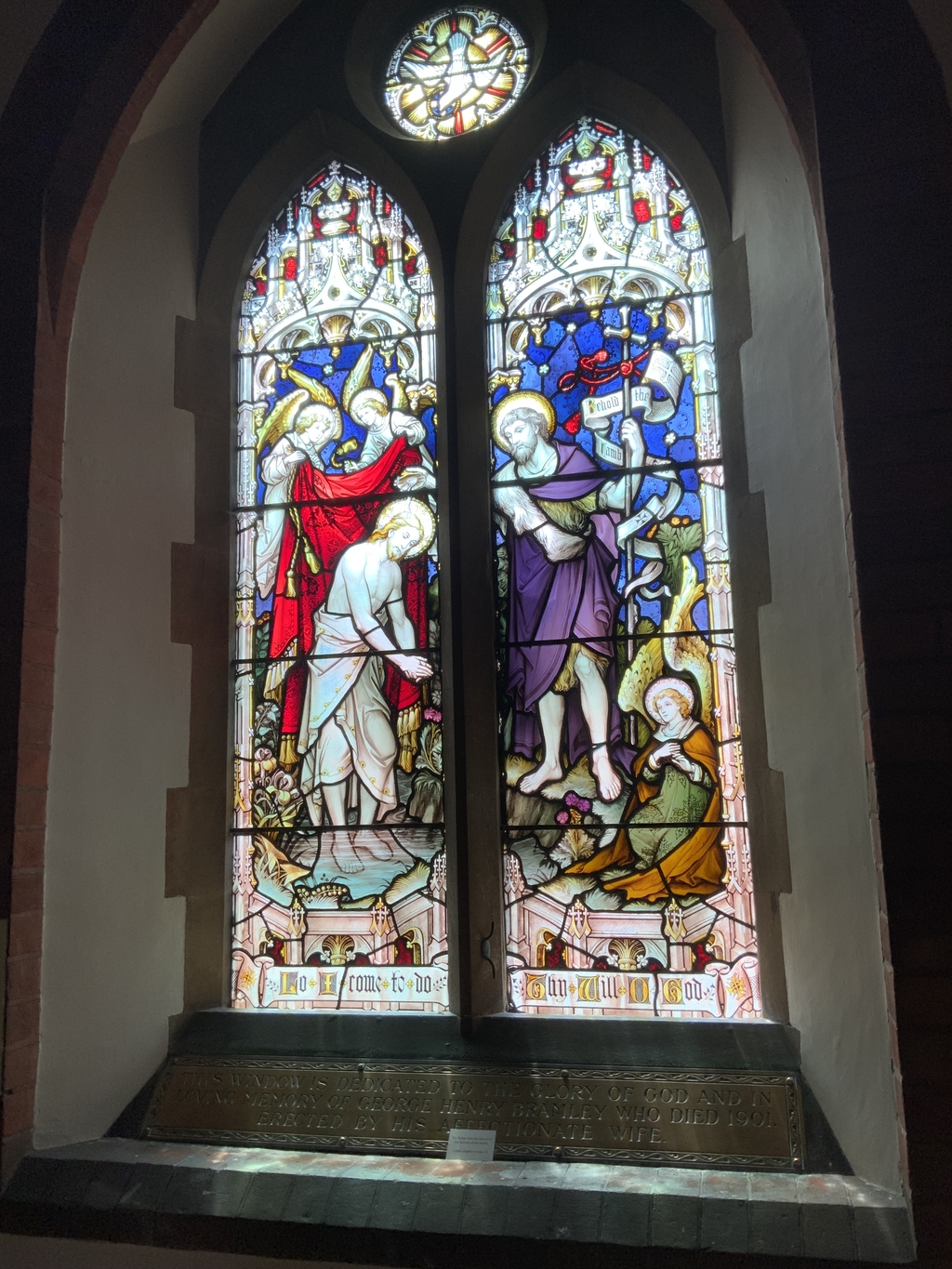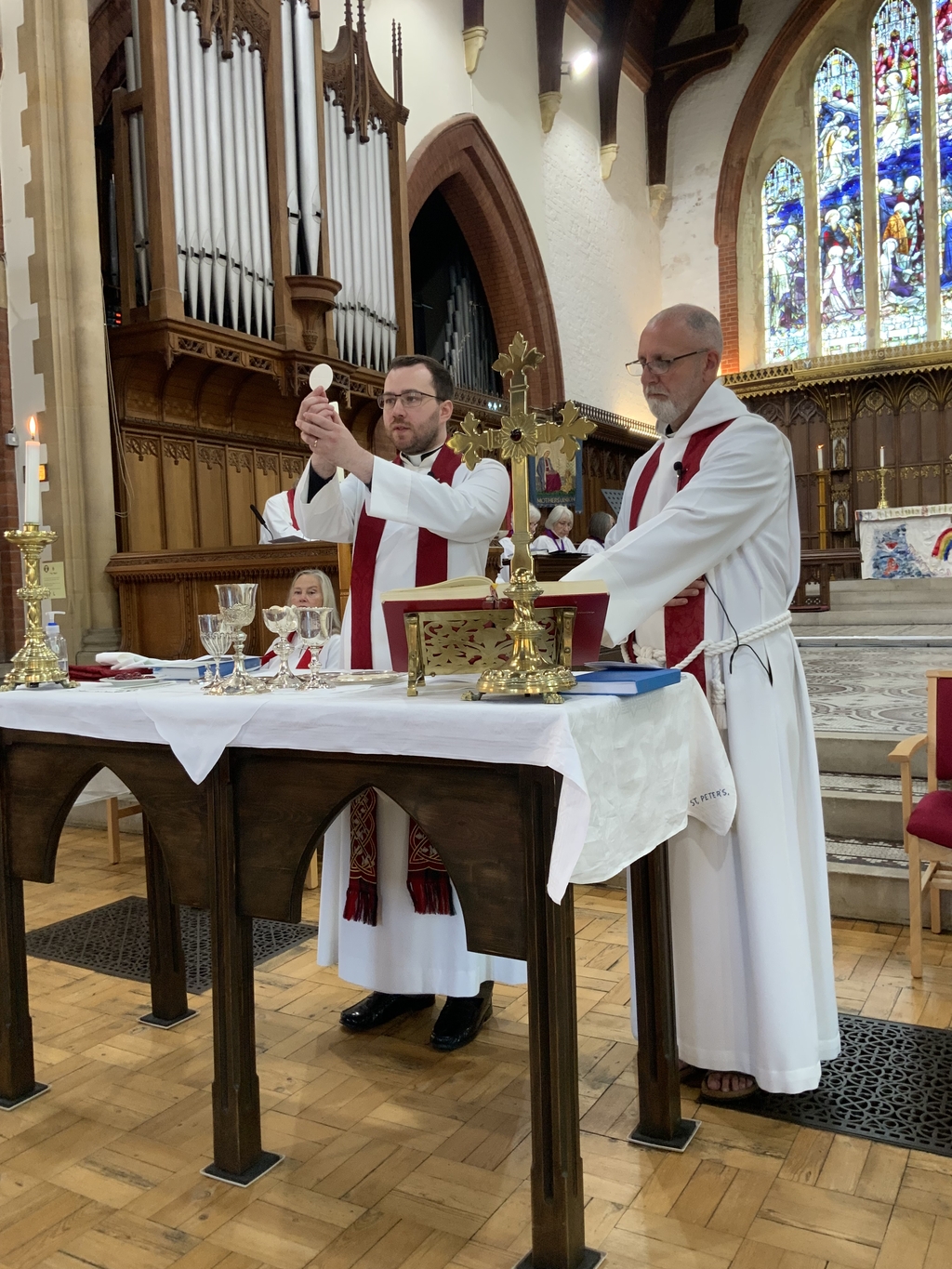Jesus told stories to teach his disciples about the Kingdom of God. These stories are called parables and if you’ve ever read them you’ll know that even the briefest of parables can be difficult to interpret.
They can confuse and unsettle us, intrigue and confound us. The followers of Jesus have been seeking for clear, direct, satisfying interpretations of his parables from the time he first uttered them right up to the present day. But the parables can’t simply be translated once and for all, into direct, plain speech without loss. If we are to try and uncover the meaning and the experience of the parables we must be prepared to struggle and be unsettled and confounded by these intriguing texts.
The poetic language of the parables has the capacity to ambush and interrogate us, opening us up the possibility of a new, alternative world that can only be accessed by our imaginations. By merely seeking quick answers we impoverish our faith. We are not to simply try to translate the parables into meaningful language. We have to immerse ourselves in their strange world, let them consume us and strike up new and conflicting ideas, images and ways of thinking in our lives. The parables invite us into the ordinary world of planting, pruning and bread-making and yet, if we open up our imaginations and think beyond ourselves, they reward us with a glorious vision of the kingdom of God.
In our Gospel reading from Matthew today (Chapter 13 verses 31-33, 44-52) we hear two well-known parables about mustard seed and leaven. Their meaning seems obvious. At first sight, they seem to suggest images of massive growth from minuscule and unpromising beginnings. The parable of the mustard seed, with its image of a glorious future, serves as an encouragement to Christians struggling in the meantime. Or does it?
Are we instead being offered a satire, in the parable of the mustard seed, a savage mockery of triumphalist dreams, projects and institutions, including the Church, when they succumb to secular power, built on collusion and competition, too impressed by strength, success and size? The image of the kingdom at the end of the Old Testament period was that of a pitiful tree stump or branch. Now Matthew, in his Gospel, seems to be hedging his bets as to whether the tiny seed will become a great shrub or a modest tree.
I’ll leave you to think about the parable of the leaven... But perhaps your starting point shouldn’t be that the kingdom of God is immersed in all aspects of human life, though hidden, and thus those who have eyes to see will know that God’s kingdom will come ‘on earth as it is in heaven’. Perhaps instead it is hinting at a more glorious redemption than our plain, direct speech can contain, one that is experienced in Jesus sharing bread with sinners?
Open up your hearts, open up your minds, open up your imagination and see the kingdom of God in all its glory! Do you really understand?
Every blessing,
Christian













